How can we help you?



Fuel Savings
On average, EVs can travel the same distance as a gas-powered car at less than half the cost.
Easy Charging
It's easy to plug in at home or at one of the many public chargers.
Low Maintenance
EVs have fewer fluids and parts than conventional vehicles, so they require minimal maintenance.
Tax Incentives
Receive up to $7,500 in federal tax credit for qualified EVs, and up to $1000 for qualified residential charging equipment.
Environmental Benefits
EVs produce no tailpipe emissions, making your community cleaner.
Safe and Fun
EVs offer a quiet, smooth ride and instant acceleration.
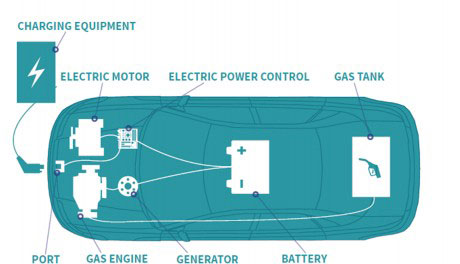
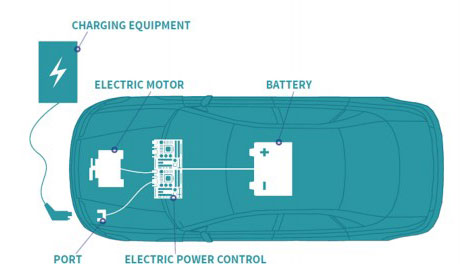

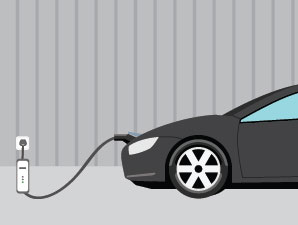
| Level 1 |
| Provides charging through a 120V AC plug (standard wall outlet) |
| Delivers up to 5 miles of driving range per hour of charging |
| Does not require installation of additional charging equipment |
| Best used in home applications for overnight charging and low-mileage daily driving |
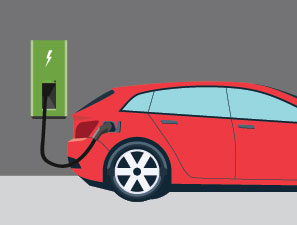
| Level 2 |
| Provides charging through a 240V AC plug (dryer outlet) |
| Delivers up to 60 miles of driving range per hour of charging |
| Requires installation of additional charging equipment |
| Best used for public charging, workplace charging, or faster overnight charging at home |
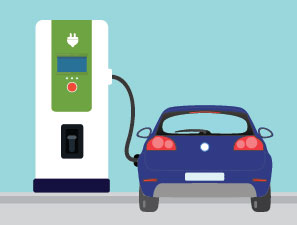
| DC Fast Charging |
| Provides charging through 480V input |
| Delivers up to 80% battery charge in about 20-30 minutes of charging |
| Requires specialized, high-powered charging equipment |
| Best used for public charging, especially along heavy traffic corridors |

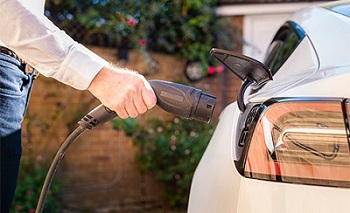
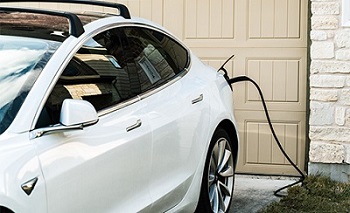
As the EV market grows, many dealerships are interested in installing charging stations. To get started, follow these steps:
Questions? Contact one of our EV experts to learn more about our EV Charging Programs and solutions for dealerships.